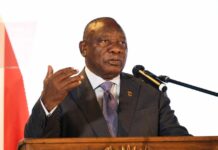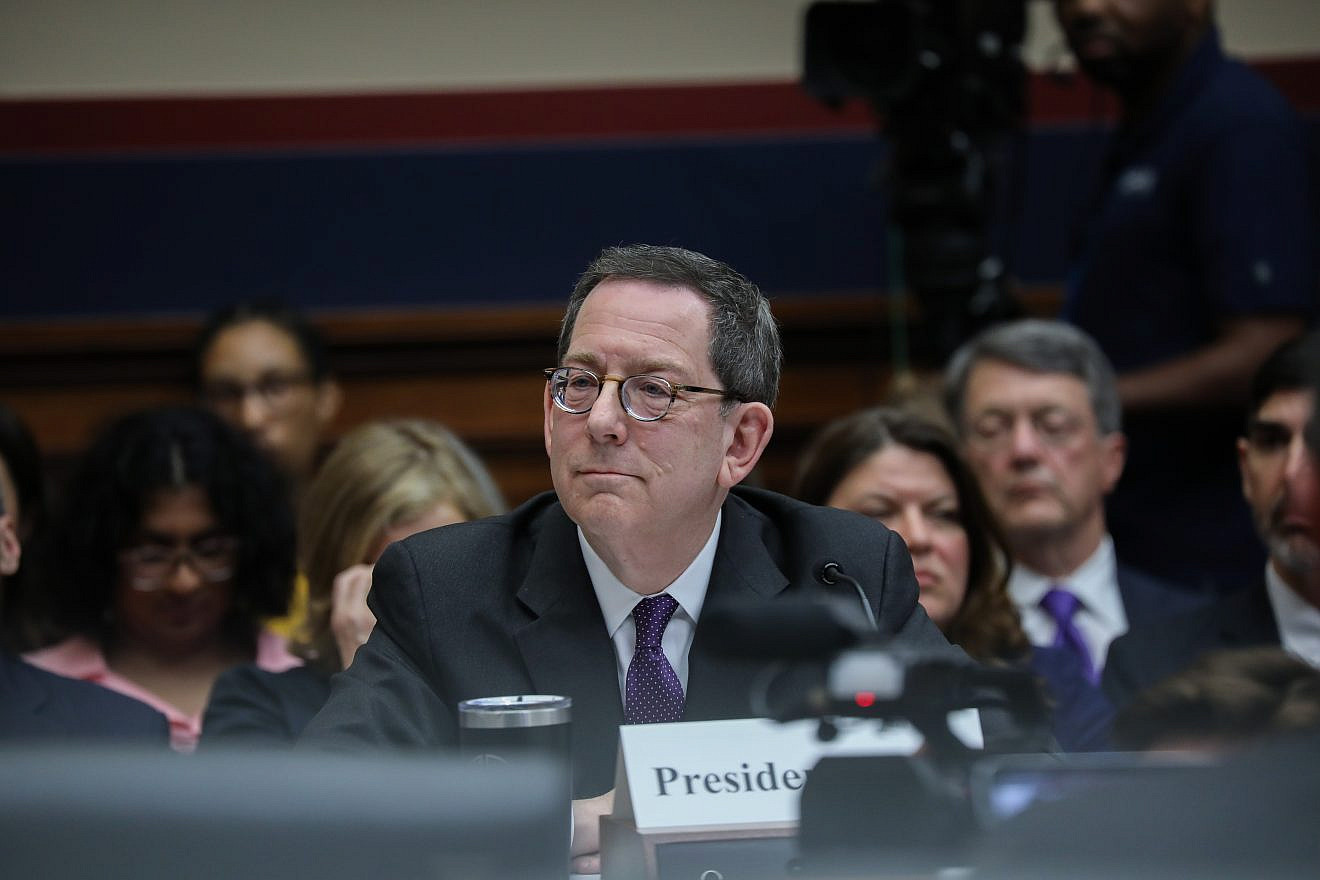U.S. House of Representative members confronted the heads of Rutgers University, Northwestern University and the University of California, Los Angeles on Thursday about their responses to antisemitism and anti-Israel protests on their respective campuses in the wake of the Hamas terrorist attacks in southern Israel on Oct. 7.
It was the third time that the House Committee on Education and the Workforce grilled university presidents at a congressional hearing over their failure to respond to campus protests that have created hostile environments for Jewish students and faculty.
Rep. Virginia Foxx (R-N.C.), the chairwoman of the committee, said all three of the university administrators should be “ashamed” of their actions. She emphasized that Michael Schill and Jonathan Holloway, the leaders of Northwestern and Rutgers, respectively, should be “doubly ashamed” for reaching negotiated settlements to end their respective college’s protest encampments.
“Dr. Holloway, you accepted eight of 10 encampment demands, including an egregious amnesty deal to Rutgers students and faculty involved in the encampment,” Foxx said. “I would like to know what sort of message you think that sends to your Jewish students. Mr. Schill, you cut a disgraceful deal with the encampment that prompted seven Jewish members of your own Antisemitism Advisory Committee to resign in protest.”
“Those who are in charge of universities who negotiate with pro-terror protesters are not doing their jobs,” Foxx added.
Some of the most intense scrutiny in the hearing focused on Schill, who noted in his opening remarks that he is the descendant of victims and survivors of the Holocaust.
He defended his decision to negotiate an agreement with anti-Israel protesters to end their unsanctioned encampment on Northwestern’s Deering Meadow as the best available option next to letting the tents remain in place or removing them by force and potentially endangering students.
“We did not give in to any of the protesters’ demands, and the commitments we made are consistent with our values,” Schill said. “I rejected the main student demand for divestment and will not ever recommend that Northwestern use its resources for political purposes. By engaging students with dialogue instead of force, we modeled the behavior we want to apply going forward.”
Seven members of Northwestern’s 16-person task force to combat antisemitism resigned after the agreement was made with the anti-Israel protesters since the task force was not consulted in the decision.
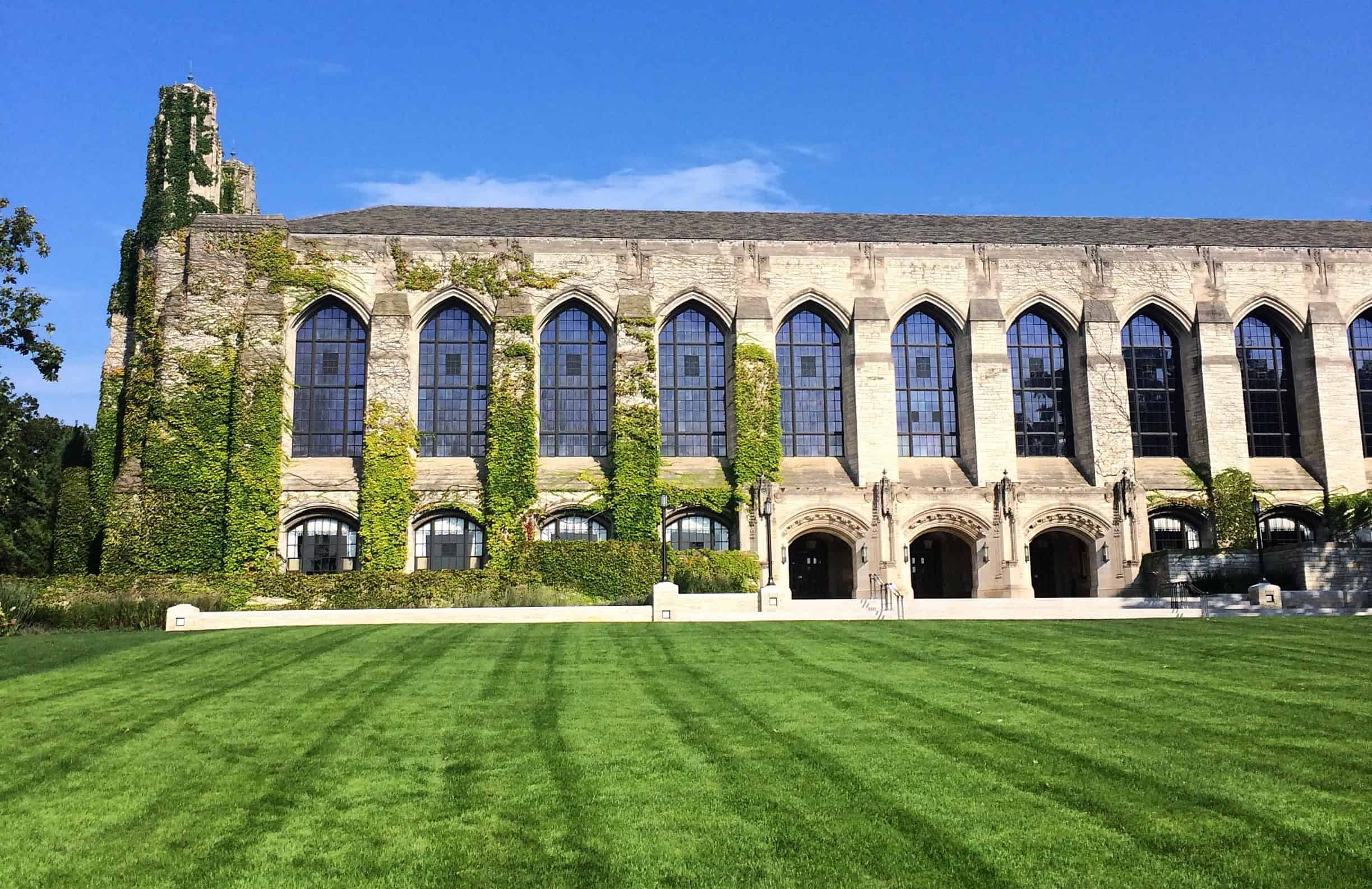
‘Impede possibility of meaningful dialogue’
Rep. Elise Stefanik (R-N.Y.), who has been one of the sharpest critics of university administrators in previous hearings, hammered Schill over Northwestern’s “F” rating on its response to antisemitism on campus from the Anti-Defamation League, which called for his resignation after he announced the agreement with protesters.
“Let me tell you why you earned an ‘F’,” Stefanik said. “I want to discuss what has been referred to as the Deering Meadows agreement, your unilateral capitulation to the pro-Hamas, anti-Israel antisemitic encampment.”
Stefanik then described antisemitic incidents on Northwestern’s campus, which Schill said were still under investigation and that he could not say when those investigations would conclude.
“This is why you earned an ‘F’,” Stefanik replied.
The ADL repeated its call for Schill to resign in a statement on Thursday after the hearings.
“President Schill’s testimony was rife with hypocrisy and platitudes,” stated David Goldenberg, ADL Midwest regional director. “President Schill’s retention in the face of these failures is likely to keep Jewish students in harm’s way and impede any possibility of meaningful dialogue on campus.”
Lawmakers repeatedly asked the three university leaders whether any students or faculty had been disciplined for specific antisemitic incidents, including assaults, protesters blocking Jewish students from parts of campus, and one Jewish student allegedly being told to “go back to Germany and get gassed.”
In response to the repeated refrains from all three university administrators that they are still examining alleged incidents, Rep. Rick Allen (R-Ga.) joked that “the word of the day is ‘under investigation.’”
‘Answers were incomplete or disappointing’
Nathan Diament, executive director of public policy for the Orthodox Union, told JNS that universities need to do more than endlessly investigate.
“it was important to have these university presidents make strong statements against antisemitism and in support of their Jewish students,” he said. “But when they were questioned about what concrete steps they have taken, the answers were really incomplete or disappointing.”
As in previous hearings with university heads to discuss antisemitism, some Democrats asked why the Republican-controlled committee couldn’t investigate other forms of hatred alongside antisemitism and questioned the sincerity of the Republican majority in combating discrimination.
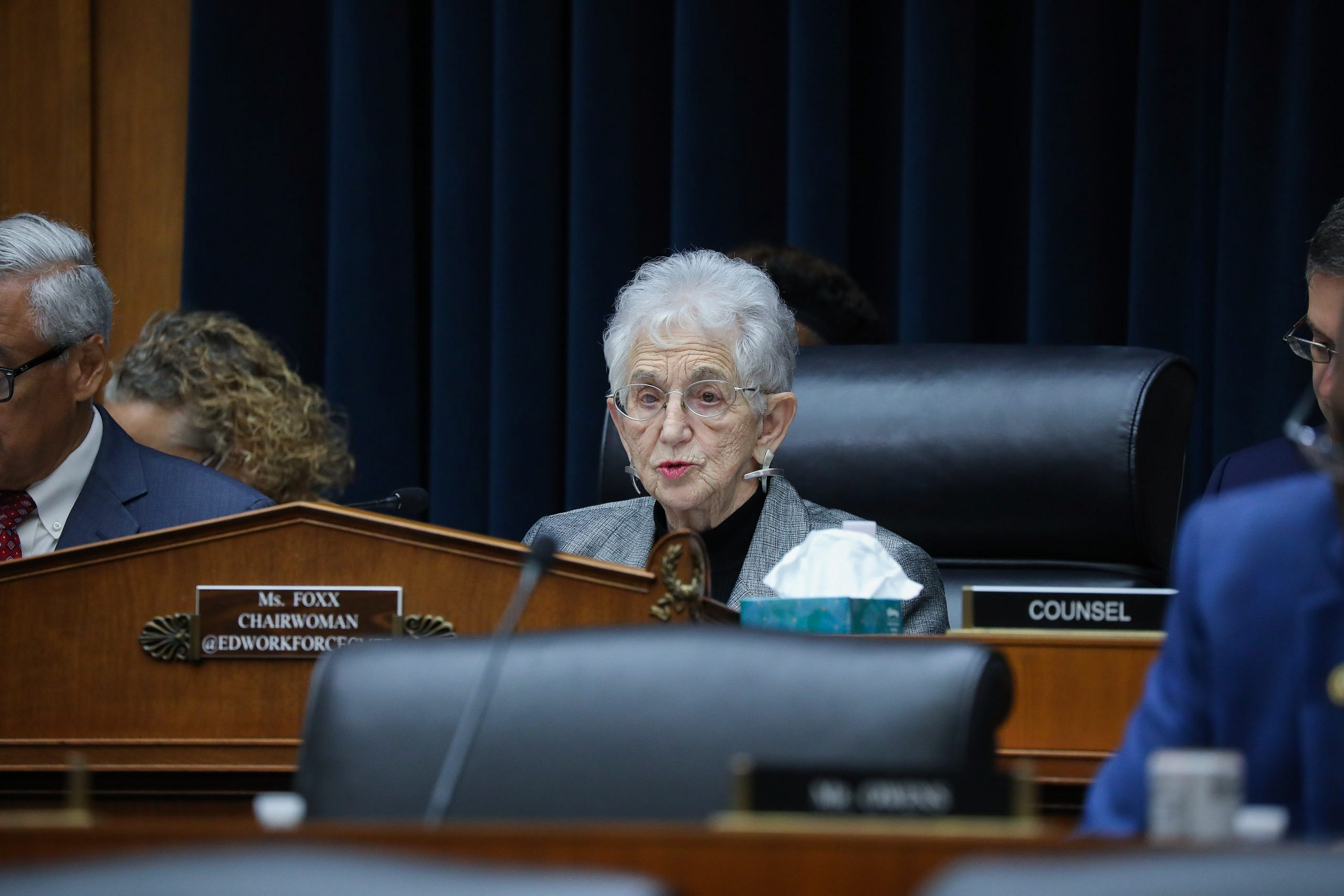
“It is deeply frustrating and concerning that this is the third hearing that we’ve had cosplaying about protecting students equally when every single one of my colleagues last term in Congress voted to exclude a group of students from receiving mental-health resources,” said Rep. Haley Stevens (D-Mich.) “And I sincerely hope that you wouldn’t vote to exclude Muslim students from mental-health resources, Jewish students from mental-health resources, students of color, non-binary students and the like.”
In addition to the anti-Israel and antisemitic student-led protests, Schill and Holloway were asked about their universities’ associations with institutions accused of promoting antisemitism.
Schill said he had only recently been made aware of an agreement between Northwestern and the Qatari-based news network Al Jazeera, but noted that he was “concerned” about the agreement and would “look into it.”
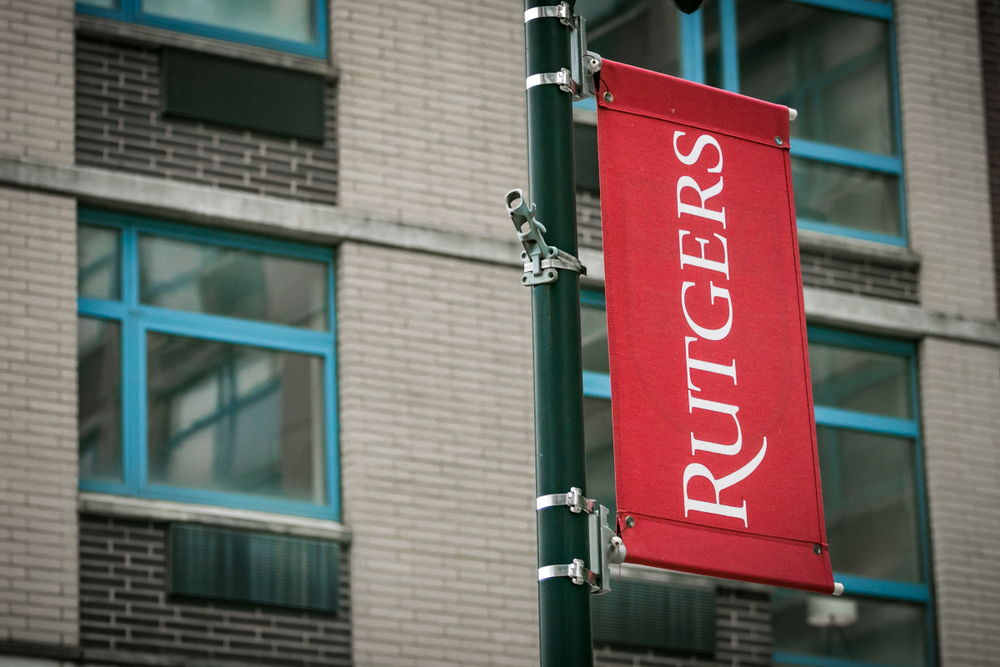
Rutgers has likewise been under fire for its Center for Security, Race and Rights, which among other controversial events and statements hosted a 20th-anniversary retrospective on the Sept. 11 terror attacks with Sami Al-Arian, who pleaded guilty in 2006 to providing material support to Palestinian Islamic Jihad.
Holloway said there is “very little that I find easy about this center” but added that he had no plans to close it.
Ezra Pfeffer, who graduated from Rutgers this year and who attended the hearing, told JNS that he remains concerned about Jewish students there after listening to Holloway’s responses.
“I’ve had so many positive Jewish experiences on campus with Chabad and Hillel, and I want to be able to confidently recommend Rutgers to Jewish high school students, Jewish students who are looking to transfer into Rutgers. I want to be able to confidently say, ‘this is a good place for you,’” Pfeffer said. “But I’m not so sure I can do that right now.”








